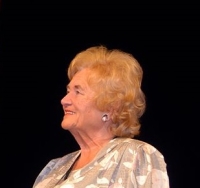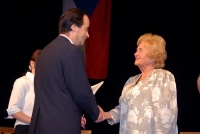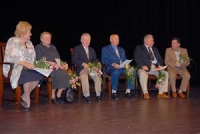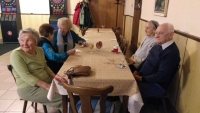We did not serve the regime, but the children
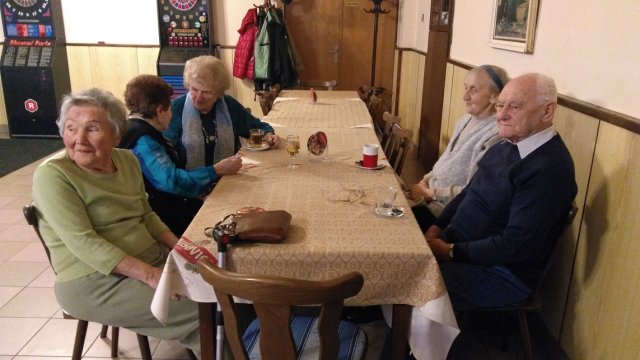
Download image
Hana Hortová, née Pražáková, was born on November 1, 1933 in Slané. She went to primary school in Prague, where she lived with her parents. She studied high school in Slané, graduating in 1950. She then applied to the Academy of Performing Arts in Prague, but her father did not agree, so she finally accepted the offer to become a teacher. She taught at several village schools - small classes, the first larger school was in Pchery, Smečná, Brandýsko and finally Slaný. As a trainer, she was involved in Sokol, participating in training for Spartakiáda parades. She married secretary Sokol Jaroslav Hort, with whom she has a son and a daughter. In 2022, she lived in Slané.
